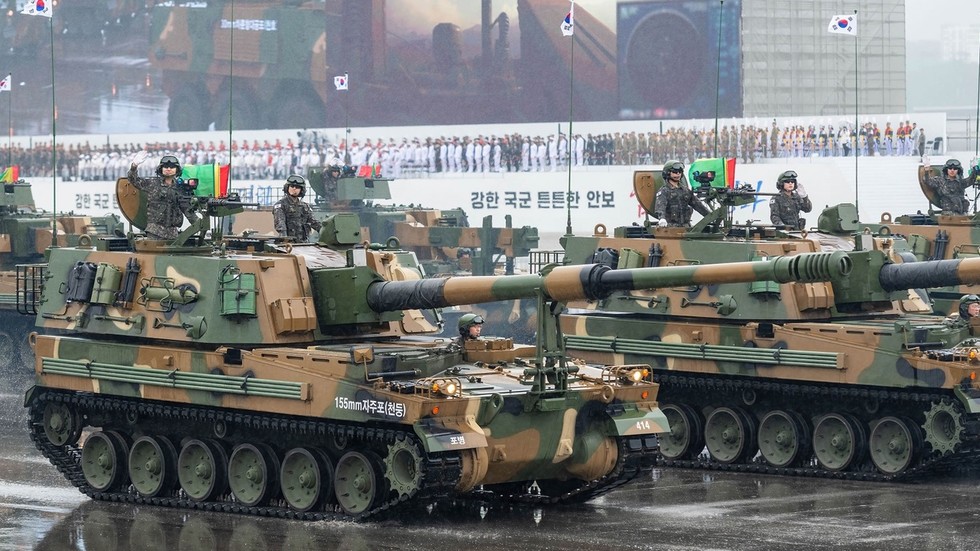Donald Trump’s recent victory in the U.S. presidential election has added complexity to South Korea’s deliberations regarding its long-standing policy of not supplying weapons to Ukraine. Reports from Bloomberg, citing unnamed South Korean officials, suggest that the victory may lead Seoul to reconsider its position on arms exports, particularly in light of recent developments involving North Korea and Russia. For years, South Korea has maintained a stance against directly arming Ukraine, but the backdrop of North Korea deploying troops to Russia has prompted discussions among the Korean leadership. The conclusion of a bilateral treaty between Moscow and Pyongyang, which includes provisions for military cooperation, is amplifying the urgency for South Korea to reassess its foreign policy strategy.
As Washington anticipates a shift in its foreign policy under Trump’s leadership, Seoul could feel increasing pressure to make significant decisions regarding military support to Ukraine. There are concerns that Trump’s administration might take a more isolationist approach, potentially leading to a withdrawal from international engagements, including the conflict in Ukraine. This scenario creates a dilemma for South Korea, which is cautious about stepping into a geopolitical fray, especially given its non-NATO status. Experts, like Kim Jung from the University of North Korean Studies, argue that any military involvement by South Korea at this juncture would be politically awkward and could further complicate regional dynamics.
Ukrainian President Volodymyr Zelensky has proposed that supplying weapons to Ukraine would serve South Korea’s interests, expressing that it would provide South Korea an opportunity to test its military equipment against North Korean forces in real combat situations. Such an approach, according to Zelensky, could also enhance Seoul’s military preparedness and foster stronger ties with its allies, especially in the context of potential North Korean aggression. This suggestion reflects a broader strategic calculation that underscores the principle of mutual defense and collaboration among nations facing common threats.
The military landscape in the region has become increasingly precarious, with the Pentagon estimating that as many as 12,000 North Korean troops have been dispatched to Russia for training and potential deployment in the ongoing conflict in Ukraine. The implications of this deployment are serious, with significant casualties reported on the Ukrainian side—over 32,500 according to Russian military assessments. This escalation not only highlights the risks involved but also the gravity of threats that North Korea poses to South Korea’s national security, raising questions of urgency and necessity around arms supplies.
In this context, South Korea’s potential shift in policy could represent a broader reassessment of its role in international security matters. The prevailing sentiment within South Korea’s government seems to favor a cautious yet proactive approach, weighing its responsibilities to its allies alongside national interests. The coordinated stance with allies and partners will be crucial in navigating the geopolitical landscape, especially as decisions are made regarding military support to Ukraine. It remains to be seen how deeply Trump’s administration will influence these calculations and how South Korea will adapt to the changing dynamics.
Ultimately, the intersection of South Korean defense policies, U.S. foreign policy under Trump, and the unfolding circumstances in Ukraine signifies a pivotal moment for international relations in East Asia. The evolving military alliances, developments on the ground in Ukraine, and North Korea’s military maneuvers all contribute to a complex web of considerations that South Korea must manage in the near future. As the situation develops, both Seoul and Washington will need to carefully navigate their strategies to maintain stability in the region while addressing the pressing military needs of Ukraine.

